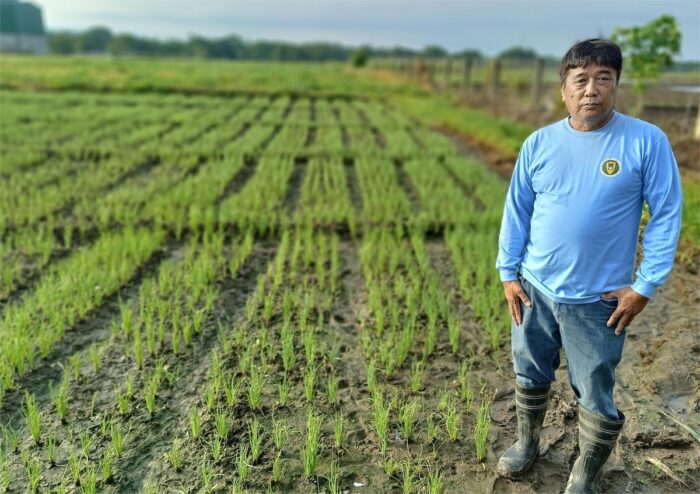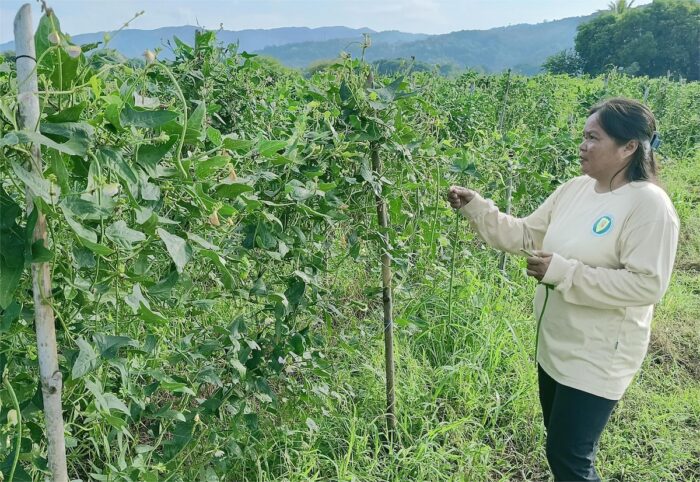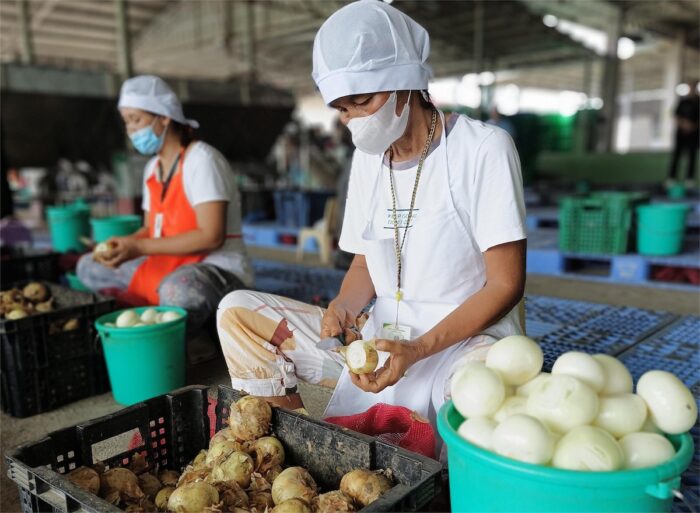Out of Town Blog
Jollibee empowers Nueva Ecija farmers to become agro-entrepreneurs
Although farmers play a crucial role in guaranteeing food security and feeding populations, they are ironically the poorest among workers due to longstanding unresolved financial issues. Fortunately, timely interventions from government agencies, NGOs, and corporate foundations come into play to offer transformative support and help improve farmers’ economic conditions.
Jollibee Foods Corp., the Philippines’ top fast-food chain, entered the farming communities of San Jose City, Nueva Ecija two years ago to collaborate with hardworking but underprivileged onion farmers. Through its corporate social responsibility arm, Jollibee Group Foundation, the company launched the innovative Farmer Entrepreneurship Program (FEP), turning traditional tillers into farm-based entrepreneurs.

Arnold Dizon, a founding member and current board chairman of Kalasag Multipurpose Cooperative, has dedicated much of his life to agriculture. He saw the organization grow from just 30 members in 2008 to a prominent onion supplier for Jollibee and its partners. Under his guidance, Kalasag gained stable market access and supported members in developing their agro-enterprise skills, from creating supply plans to obtaining certifications like the Department of Agriculture’s Good Agricultural Practices (GAP) and Asia-GAP (ASIA-GAP).
Kalasag, named after the barangays of Kaliwanagan and San Agustin where its farms are located, is now expanding its coverage to include barangay Villa Marina, boasting over 71 members.
Today, all three of Dizon’s children are actively farming on land acquired through the cooperative, which has evolved into a thriving community enterprise. It offers dividends, loans, and educational support to its members.

Wencelito Gomez, the general manager and a founding member of Kalasag, recalls a time before the cooperative was established when their primary goal was to secure a fair market for their crops. Back then, onions were sold for as little as P 1 per kilo, leaving farmers struggling to make ends meet. However, things began to improve when the San Jose City government linked them with the Foundation and its partners.
Through the FEP, Gomez and his fellow farmers received…
Click Here to Read the Full Original Article at Out of Town Blog…
